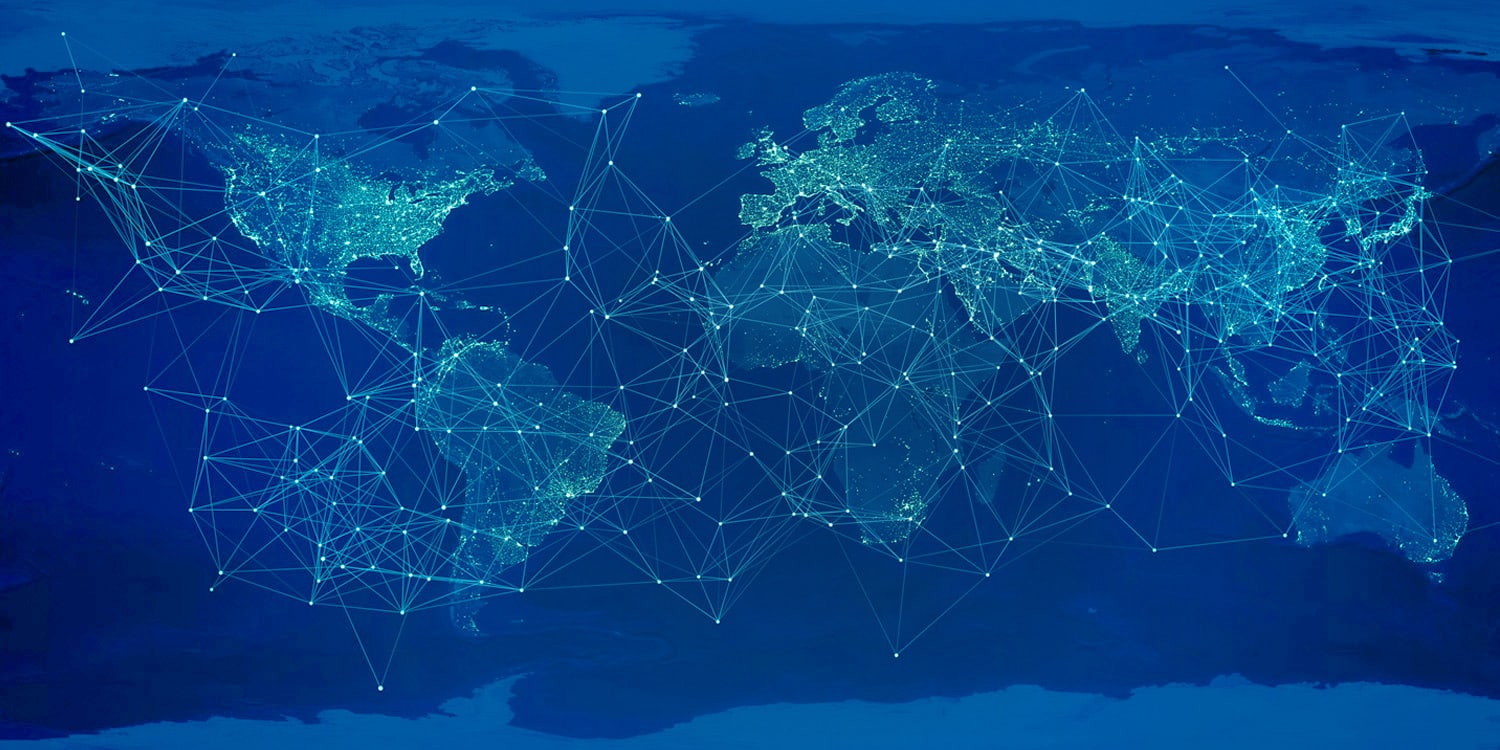A Subzero White Paper by Gordon Johnson
High levels of energy consumption cause a push for greener and more environmentally friendly data centers
Data centers are a huge part of today’s economy, with both businesses and people connected 24/7. However, along with this usage comes a huge drain on our energy resources. Recent studies show that energy consumed by data centers in the U.S. alone has doubled over the last five years. With the growth of cloud computing and High Performance Computing (HPC) and the energy required to operate them, this trend is not disappearing anytime soon. Fortunately, many realize that this high level of energy consumption cannot continue indefinitely, and the push for greener and more environmentally friendly data centers is being taken seriously.
What can data center and facility managers do to stop this runaway train? While there are several options to get greener and thus lower the overall cost to operate a data center, this paper specifically focuses on containment. Why? Containment is the fastest, easiest, and most cost effective strategy to going green while simultaneously lowering operating costs without adding additional CapEx to the data center. In addition, containment makes other options either possible or economically feasible. This paper will show why this is true, while discussing the following topics:
- Why Being Green Matters
- Containment is the Smallest Action with the Greatest Outcome
- Containment = High Efficiency = Green Data Center
- Containment’s Role in HPC
- Efficiency: Full Containment Versus Partial Containment
- Efficiency: Cold Aisle Containment Versus Hot Aisle Containment
- CFD Predicts Energy Savings & Environmental Footprint
About the Author
Gordon Johnson is the Senior CFD Engineer at Subzero Engineering, and is responsible for planning and managing all CFD related jobs in the U.S. and worldwide. He has over 25 years of experience in the data center industry which includes data center energy efficiency assessments, CFD modeling, and disaster recovery. He is a certified U.S. Department of Energy Data Center Energy Practitioner (DCEP), a certified Data Centre Design Professional (CDCDP), and holds a Bachelor of Science in Electrical Engineering from New Jersey Institute of Technology. Gordon also brings his knowledge and ability to teach the fundamentals of data center energy efficiency to numerous public speaking events annually.




